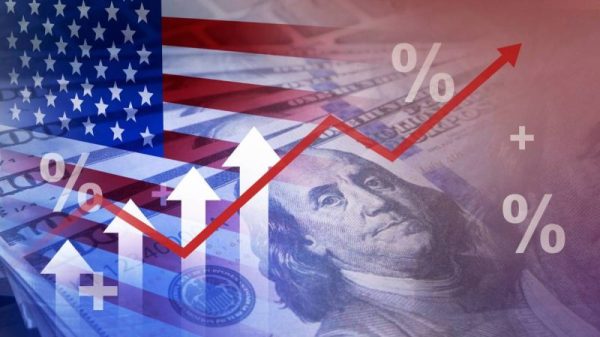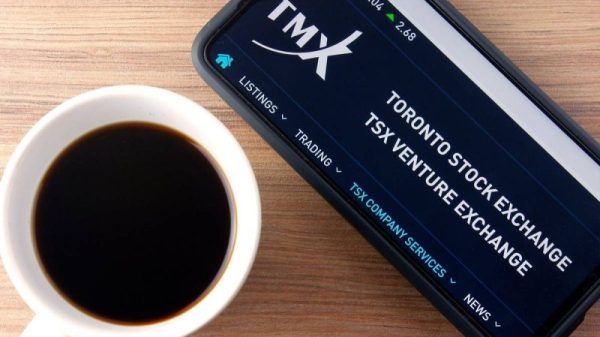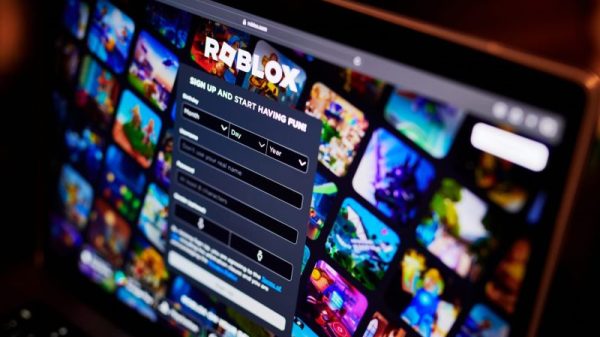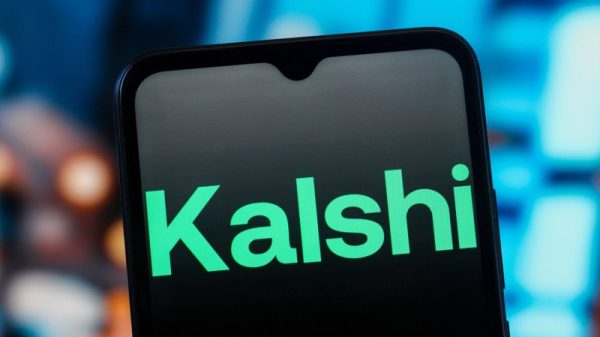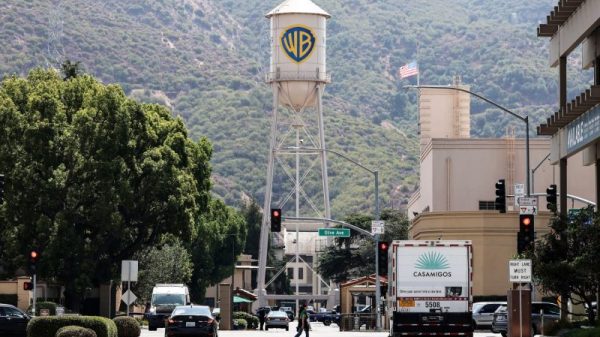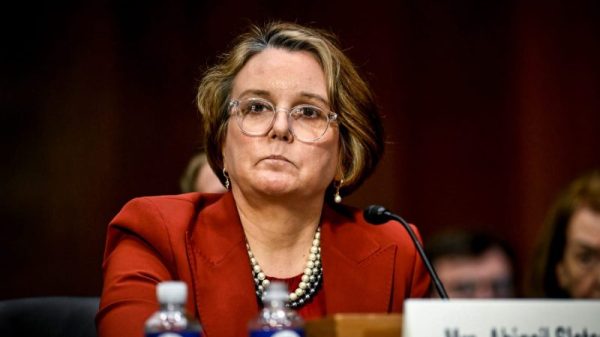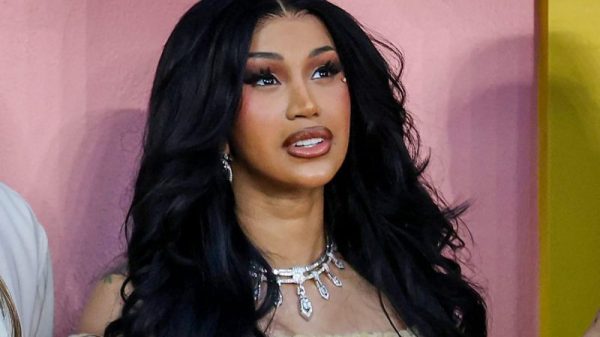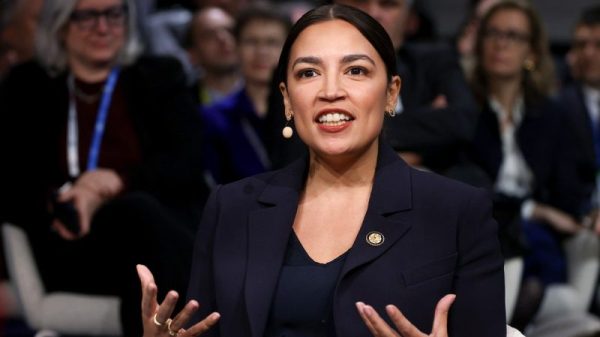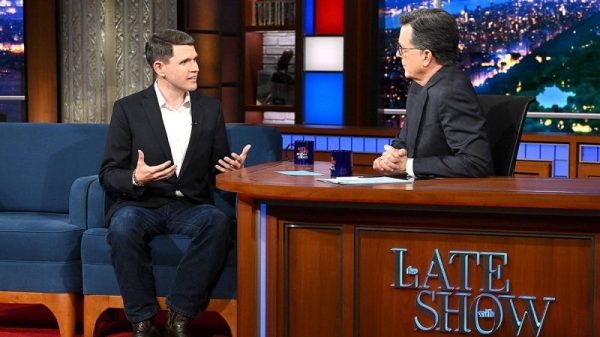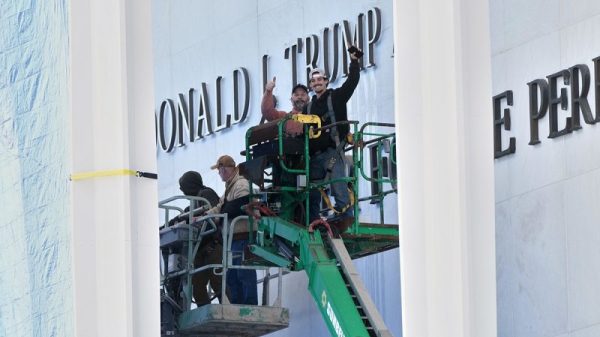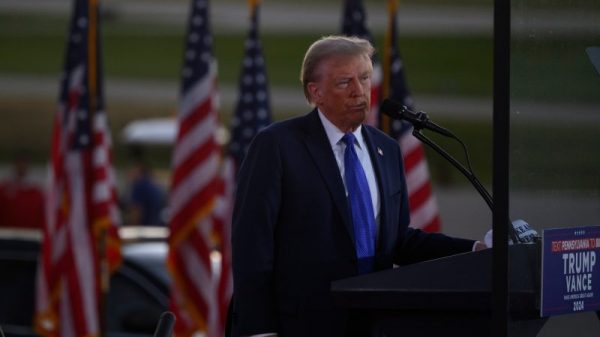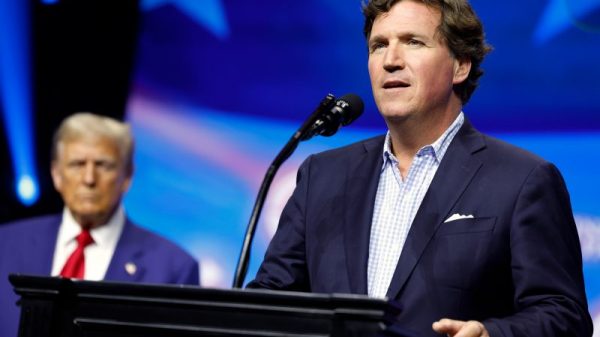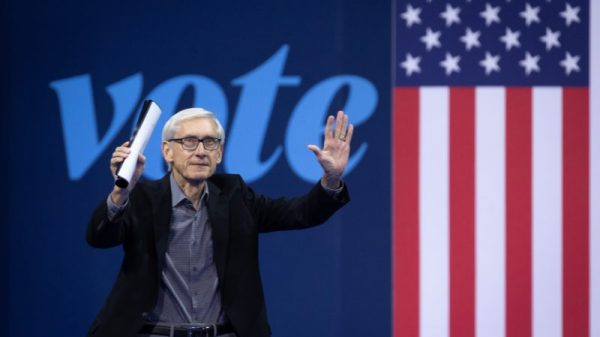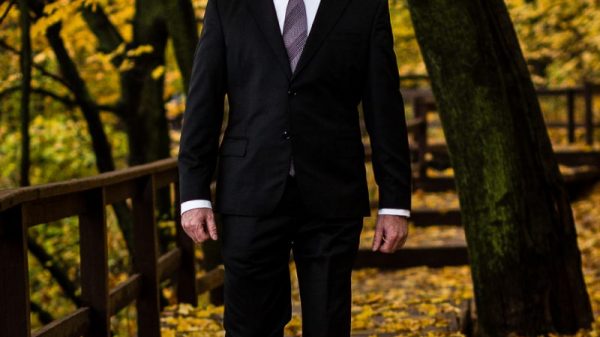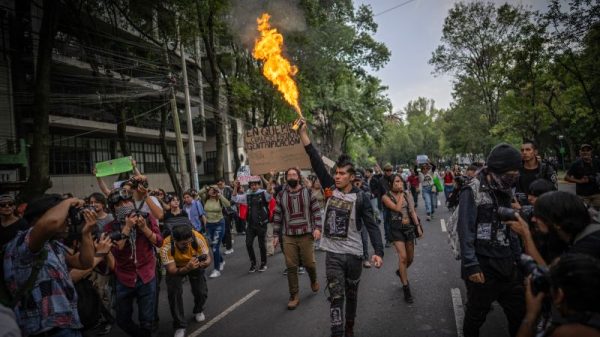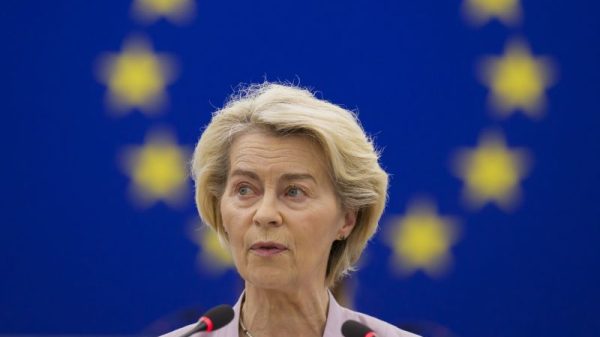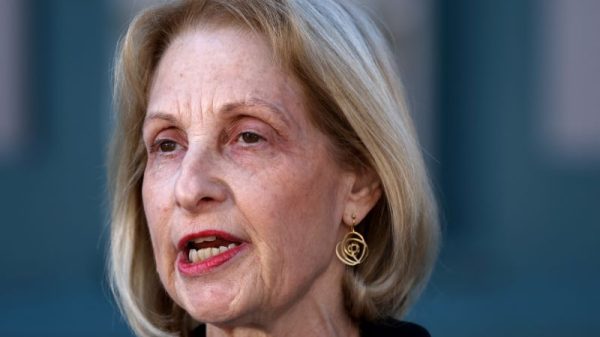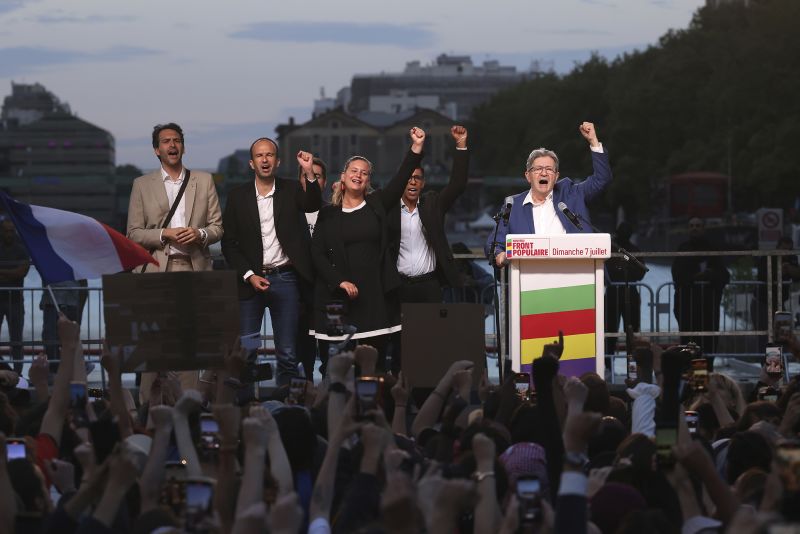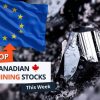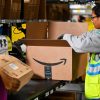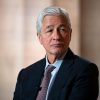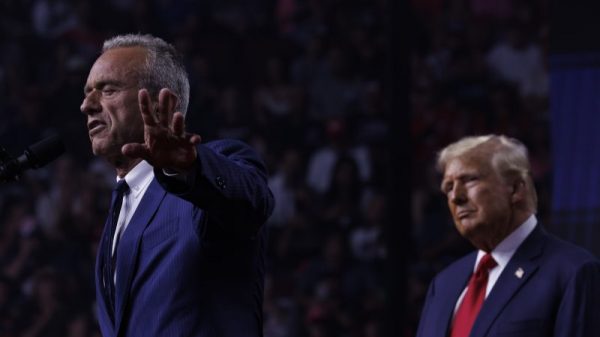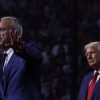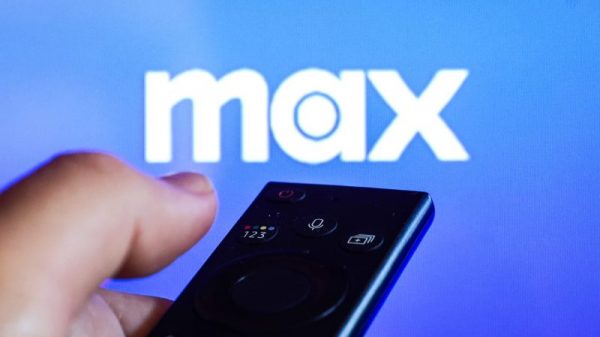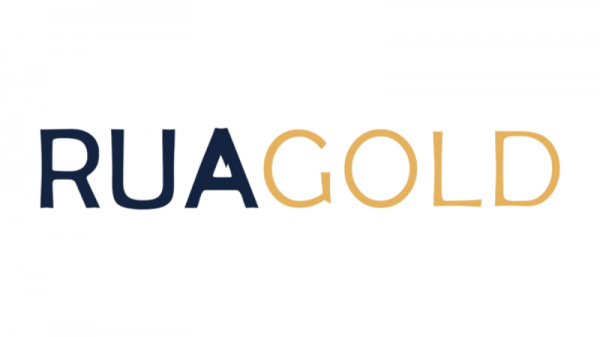On Sunday night, joy: French voters had, once again, kept the far right out of power. On Monday morning, uncertainty: A hung parliament, shaky alliances and the threat of turbulent years ahead.
President Emmanuel Macron called France’s snap parliamentary election to “clarify” the political situation. But after the shock second-round results, the waters are more muddied than they have been in decades.
While a surge in support for the left-wing New Popular Front (NFP) coalition foiled Marine Le Pen’s far-right National Rally (RN) party, French politics is now more disordered than it was before the vote.
So, what did we learn last night, who might be France’s next prime minister, and has Macron’s gamble “paid off?”
A shock victory, but not a decisive one
After leading the first round of voting last Sunday, the RN was closer to the gates of power than ever before, and was on the cusp of forming France’s first far-right government since the collaborationist Vichy regime of World War II.
But after a week of political bargaining, in which more than 200 left-wing and centrist candidates withdrew from the second round in a bid to avoid splitting the vote, the NFP – a cluster of several parties from the extreme left to the more moderate – emerged with the most seats in the decisive second round.
The NFP won 182 seats in the National Assembly, making it the largest group in the 577-seat parliament. Macron’s centrist Ensemble alliance, which trailed in a distant third in the first round, mounted a strong recovery to win 163 seats. And the RN and its allies, despite leading the first round, won 143 seats.
Does that mean the NFP “won” the election? Not quite. Although the coalition has the most seats, it fell well short of the 289 seats required for an absolute majority, meaning France now has a hung parliament. If this was a victory for anything, it was the “cordon sanitaire,” the principle that mainstream parties must unite to prevent the extreme right from taking office.
The far right kept at bay, but more potent than ever
It was meant to be a coronation. Crowds of supporters had crammed into election night events at the RN party HQ in Paris and at outposts all over the country, to watch the moment many felt had been decades in the making: Confirmation that their party, and its long-taboo brand of anti-immigrant politics, had won the most seats in the French parliament.
That wasn’t to be. The fervent atmosphere soured as supporters saw the RN had slumped to third place. Jordan Bardella, the 28-year-old leader handpicked by Le Pen to freshen the party’s image and purge it of its racist and antisemitic roots, was dyspeptic. He railed against the “dangerous electoral deals” made between the NFP and Ensemble which had “deprived the French people” of an RN-led government.
“By deciding to deliberately paralyze our institutions, Emmanuel Macron has now pushed the country towards uncertainty and instability,” Bardella said, dismissing the NFP as an “alliance of dishonor.”
Still, the RN’s success should not be underestimated. In the 2017 elections, when Macron swept to power, the RN won just eight seats. In 2022, it surged to 89 seats. In Sunday’s vote, it won 125 – making it the largest individual party. That unity means it will likely remain a potent force in the next parliament, while the solidity of the leftist coalition remains untested.
Will the left remain united?
A month ago, the NFP did not exist. Now, it is the largest bloc in the French parliament and could provide France with its next prime minister. It chose its name in an attempt to resurrect the original Popular Front that blocked the far right from gaining power in 1936. Sunday’s results mean it has done so again.
But while it achieved its founding purpose, it is unclear whether this capacious – and potential fractious – coalition will hold. The hastily assembled bloc comprises several parties: the far-left France Unbowed party; the Socialists; the green Ecologists; the center-left Place Publique and others.
This many-headed hydra does not speak with a single voice. Each party celebrated the results at their own campaign events, rather than together. Two of its most prominent figures – Jean-Luc Mélenchon, the populist France Unbowed leader, and Raphael Glucksmann, the more moderate leader of Place Publique – are barely on speaking terms.
Disagreements over economic and foreign policies could spill over, as the NFP’s expansive spending plans – which include raising the minimum wage, capping the price of certain foods and energy and scrapping Macron’s pension reforms – collide with the European Union’s restrictive fiscal rules and France’s need to rein in its ballooning deficit.
A better night for Macron than expected, but he emerges weakened
Macron once said his thoughts are “too complex” for journalists. Still, his decision to call a snap election – three years earlier than necessary, and with his party way behind in the polls – baffled the sharpest of political analysts, caught even his closest allies off guard and left many French voters confused.
He called the vote minutes after his party was trounced by the RN in last month’s European Parliament elections. Although European results need have no bearing on domestic politics, Macron said he could not ignore the message sent to him by voters and wanted to clarify the situation.
But Sunday’s results suggest he has achieved the opposite. Éduoard Philippe, France’s former prime minister and an ally of Macron, said what was “intended as a clarification has instead led to great vagueness.” Although Macron’s party recovered from the first round, it lost around 100 seats compared to the 2022 election.
Where does France go from here?
Macron’s first decision is to appoint a new prime minister. He has already delayed this process by declining Gabriel Attal’s resignation, asking him to stay in office for now.
Typically, the French president appoints a prime minister from the largest bloc in parliament. But it is unclear from which party within the NFP this will be. Mélenchon’s party won the most seats within the NFP, but Macron’s allies have repeatedly refused to work with France Unbowed, saying it is just as extreme – and therefore as unfit to govern – as the RN.
In order to reach the majority needed to pass laws, the NFP will likely have to enter into alliances with Ensemble – as two coalitions enter an even larger coalition, straddling vast ideological ground. Finding common ground will be a fraught task, meaning gridlock is likely. Without a clear majority, a minority government faces the risk of no-confidence votes as soon as this month, which could lead to several governments replacing each other.
One way out could be a “technocratic” government, which would involve Macron appointing ministers with no party affiliation to manage day-to-day matters. But these can come to seem undemocratic and can further fan the flames of populism. Just look at Italy: after the premiership of Mario Draghi, the technocrat par excellence, the country elected its most far-right government since Benito Mussolini. While France avoided a far-right government for now, the RN threat is likely to remain strong.




